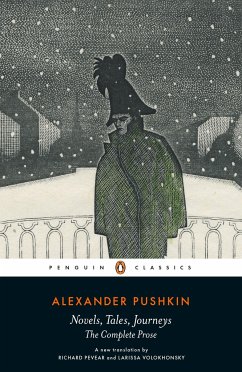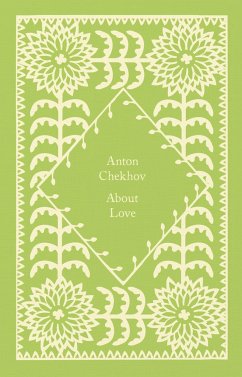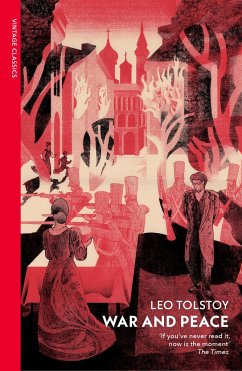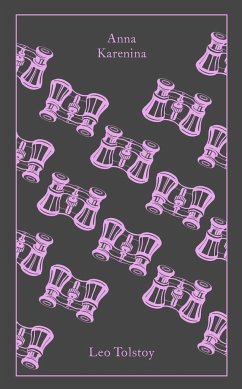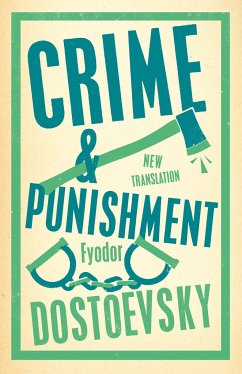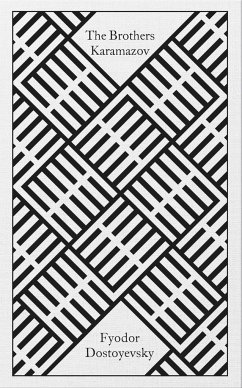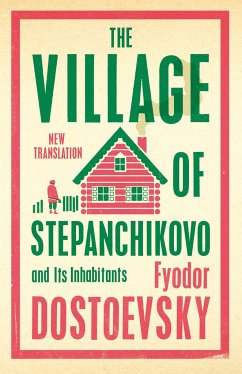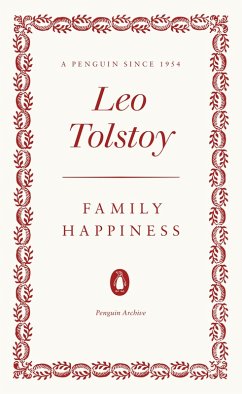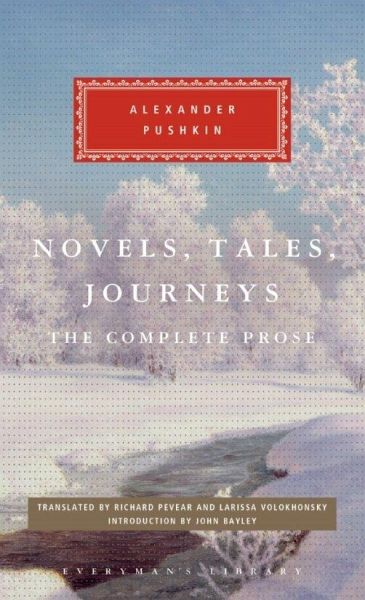
Novels, Tales, Journeys
Versandkostenfrei!
Sofort lieferbar
13,99 €
inkl. MwSt.
Weitere Ausgaben:

PAYBACK Punkte
7 °P sammeln!
The archetypal Romantic, killed in a duel in 1837 at the age of 37, Alexander Pushkin was effectively the founder of modern Russian literature. Though famous as a poet, he was equally at home in prose, and this volume includes all his short fiction, as well as unfinished sketches and fragments. Here of course are his masterpieces, 'The Queen of Spades', Pushkin's ironic take on both the supernatural and the society tale, the terse, deadpan Tales of Belkin, often humorous yet imbued with deep understanding of human nature, and his unsurpassable novella, The Captain's Daughter, which, informed b...
The archetypal Romantic, killed in a duel in 1837 at the age of 37, Alexander Pushkin was effectively the founder of modern Russian literature. Though famous as a poet, he was equally at home in prose, and this volume includes all his short fiction, as well as unfinished sketches and fragments. Here of course are his masterpieces, 'The Queen of Spades', Pushkin's ironic take on both the supernatural and the society tale, the terse, deadpan Tales of Belkin, often humorous yet imbued with deep understanding of human nature, and his unsurpassable novella, The Captain's Daughter, which, informed by his meticulous research into the Pugachev Rebellion against Catherine the Great, is a perfect combination of folk epic, historical narrative and romance. Other works include the richly comic 'A History of the Village of Goriukhino', the imaginative historical fiction 'The Moor of Peter the Great' (based on the life of the author's own great-grandfather. Pushkin was particularly proud of his African ancestry), and 'Journey to Arzrum', the fascinating autobiographical account of his (unauthorized, and greatly displeasing to the Tsar) travels in the Caucasus at the time of the 1828-9 Russo-Turkish war.




